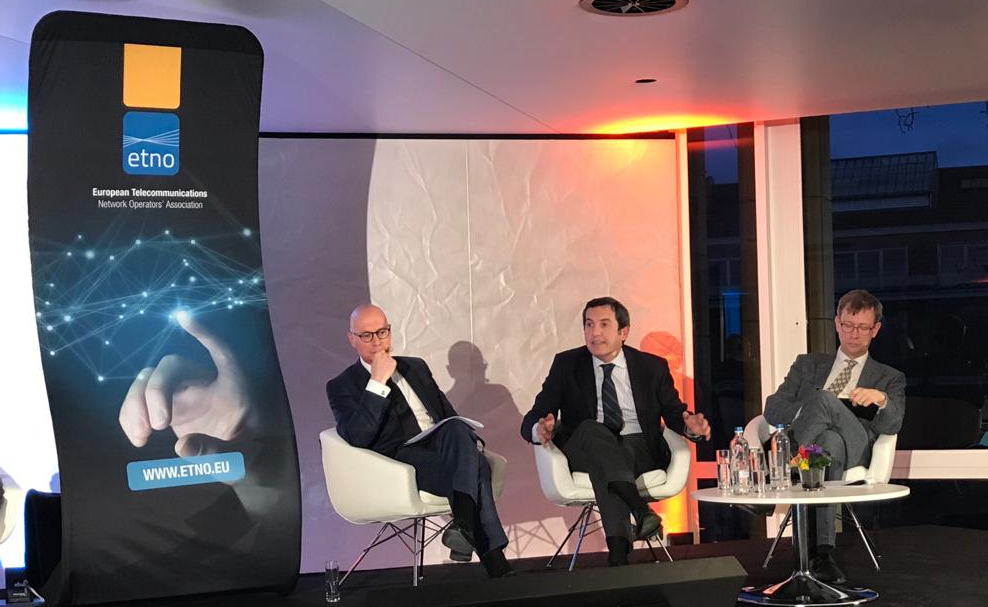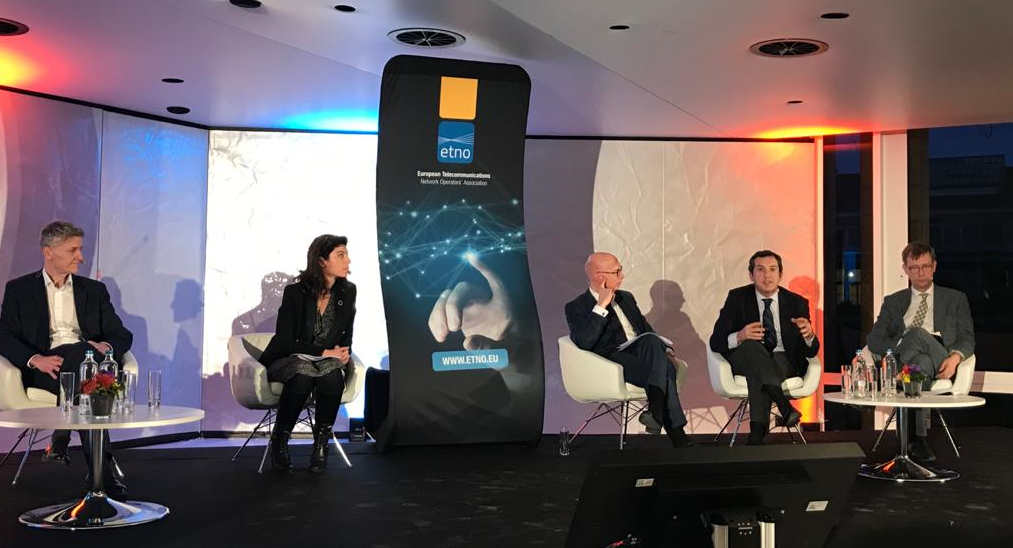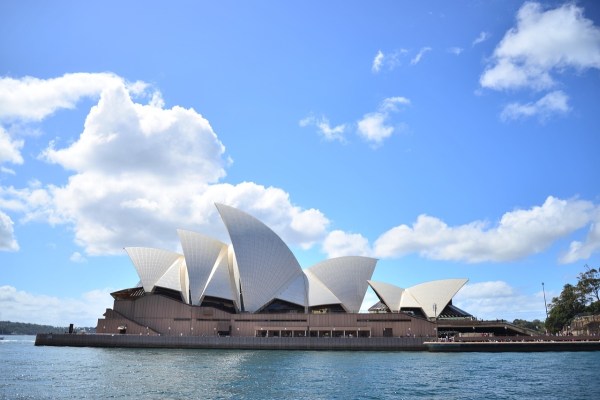RELATED POSTS
Enrique Medina, Telefónica’s Chief Policy Officer, participates in the discussion on “The role of technology in delivering Europe’s new political goals“, as part of the event “The State of Digital Communications 2020“, organised by ETNO.
“Technology is a force for social good and it should play a key role in delivering Europe’s policy goals for the coming years. However, if the development of technology is not properly targeted, it can become a challenge for democracy and for our economic and social model”.
Europe has some specific assets that are going to be crucial for the development of our society and economy in the coming years. We share a set of European values and a Charter of Fundamental Rights that protect and support us. We have a welfare state that is going to be essential for the transition to a complete digital society, ensuring that no one is left behind. We are one of the strongest industrial platforms on earth or quoting Commissioner Breton, “the largest industrial market in the world” and a Single Market that we must protect and improve. And of course, we still have some of the strongest telecom operators in the world, even if weakened by an over intrusive regulatory framework and over a decade of decreasing revenues.
The role of #tech in delivering 🇪🇺’s new political goals is now being discussed by @TelenorResearch, @TefOnIssues, @VodafoneGroup, @AmazonNewsEU and @AnalysysMason, moderated by @FMR_Brussels #StateofDigi pic.twitter.com/O4gTlYN0z3
— ETNOAssociation (@ETNOAssociation) January 28, 2020
To successfully meet the digital challenges we will face in the coming years, we cannot let the telecommunications sector become irrelevant. We represent 5% of the EU’s GDP and are a critical asset in providing connectivity, a pre-condition for digitisation to reach its full potential to the benefit of EU citizens and society.
For this not to happen, we need an industrial policy that allows European telecommunication companies to gain scale, through market consolidation or partnership in network sharing models. With the basic pillar of connectivity to ultra-broadband networks based on fibre and 5G, we could support the development in Europe of capabilities in Artificial Intelligence, cloud computing and supercomputing. This new industrial policy should also include massive support for R&D to enhance the EU’s technological sovereignty.

From left to right: Reinald Kruger (Vodafone), Enrique Medina (Telefónica) and Rupert Wood (Analysys Mason)
The transition to a digital, sustainable and climate-neutral economy will require a smart EU regulatory approach, based on the Single Market, to enforce the Commission’s two key priorities: making “Europe fit for the Digital Age” and complying with the “European Green Deal”. Aligning the digital and climate agendas is a must favouring a broader digitalization of the economy to boost the transformation that many sectors must undertake
However, it is difficult to comply with these commitments when the regulatory and bureaucratic pace prevents it. As an example, Telefónica is facing waiting times of up to 6 years to be able to implement the switch-off of the copper network in Spain. We know that one fibre plant serves the equivalent of 4 copper plants, so these delays force us to continue using obsolete and much less energy-efficient technology unnecessarily.
In this new digital ecosystem, it is also essential to adapt the application of competition law to the new characteristics of the digital markets. European companies must be competitive, not only at national level, but also globally. In this respect, a convergent and holistic approach towards market definition and analysis would be needed, taking into account convergence of technologies and services, as well as the conglomerate nature of the platform ecosystems which facilitates leveraging on key inputs like data to extend market power to other markets
Less competitive firms make less profit, invest less, innovate less, create fewer jobs, reward shareholders less and ultimately contribute less to taxes.

From left to right: Bjørn Taale (Telenor), Eirini Zafeiratou (Amazon), Reinald Kruger (Vodafone), Enrique Medina (Telefónica) and Rupert Wood (Analysys Mason)
It is essential to understand and reconsider the dynamics of the new digital ecosystem in order to foster a new global balance that promotes a fair approach for EU businesses: promoting as a fundamental principle that services that are equivalent must be subject to equivalent rules (level playing field in consumer protection, taxing, regulations) and acknowledging the economic and competitive value of data.
In this sense, ex ante regulatory obligations are needed where competition law has proven not enough to ensure contestability in digital markets avoiding competitors’ foreclosure and ensuring that emerging bottlenecks are not perpetuated by the monopolization of future innovation.
We are living a decisive moment for Europe, where we face the greatest opportunity to renew our social, economic and democratic policies and institutions to bring them into line with the digital age. We understand that the technology is already here, so it is time to choose which values and principles we want to govern it. Our proposal is clear: put people at the centre and at the origin of the decisions taken to achieve sustainable digitalisation.







